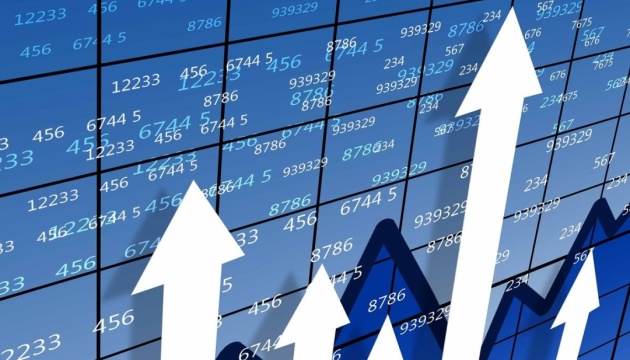
UN experts improve global economic forecast for 2024
According to an Ukrinform correspondent in New York, this is stated in the Report on the State and Prospects of the World Economy in 2024, prepared by the United Nations Department of Economic and Social Affairs (DESA), which was released on Thursday by Shantanu Mukherjee, Director of the Economic Analysis and Policy Division of the Department, and Hamid Rashid, Head of the DESA Global Economic Monitoring Division.
Experts believe that the leading economies have avoided a serious recession, reduced inflation and avoided rising unemployment.
"At the same time, higher interest rates for a longer period of time, debt sustainability issues, geopolitical tensions and climate risks continue to hamper growth," Rashid said.
According to him, this is especially true for the least developed countries and small island states.
According to the report, the global economy is now expected to grow by 2.7% in 2024, up 0.3% from the January forecast, and by 2.8% in 2025 (up 0.1%).
The improved outlook mainly reflects better prospects for the United States, which is expected to grow by 2.3% this year, and several large emerging economies, including Brazil, India and the Russian Federation, Rashid said.
China is expected to grow by 4.8%.
At the same time, the economic outlook for Africa has deteriorated since the January forecast, with expected growth falling by 0.2% in 2024, which could have negative consequences for many of the world's poor countries, the report said.
Overall, global growth in the coming years will remain below the average of 3.2% over 2010-2019.
According to the report, Russia's economic situation last year was driven by military spending, construction and increased social payments, "despite a wide range of sanctions".
"The country has largely managed to avoid the impact of oil price caps imposed by the G7 and the EU and to circumvent restrictions on imports of high-tech products," the document says.
This year, the Russian economy is forecast to grow by 2.7% (last year it was 3.6%) "thanks to strong budget support and import substitution".
At the same time, it is noted that increasing delays in financial transactions, toughening sanctions and reduced availability of migrant labour pose risks to the Russian economy.
"As we know from history, this is a kind of short-term growth that will not be sustainable," Mukherjee said.
"Military spending, defence spending is all conditional. These expenditures do not necessarily contribute to the progress of mankind, but they do affect GDP," Rashid added.
As Ukrinform reported earlier, Russia earned EUR 3 billion through a loophole in Western sanctions that Turkey took advantage of. Ankara relabels Russian oil, passing it off as its own, and sends it to the European Union.
Photo for illustration purposes




